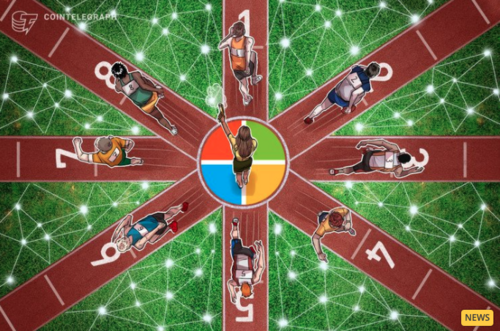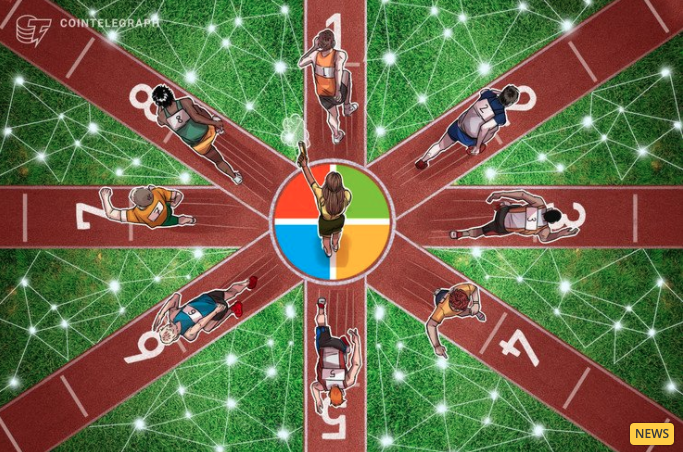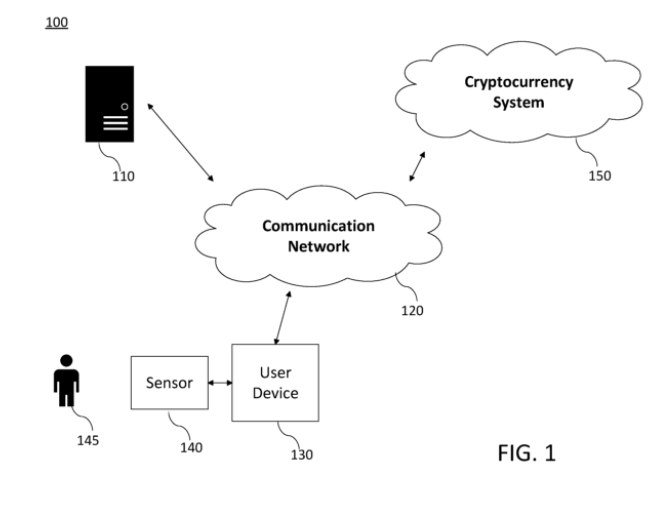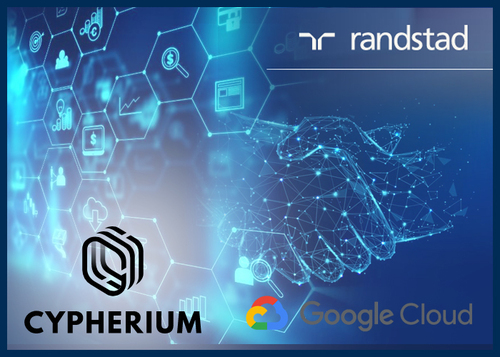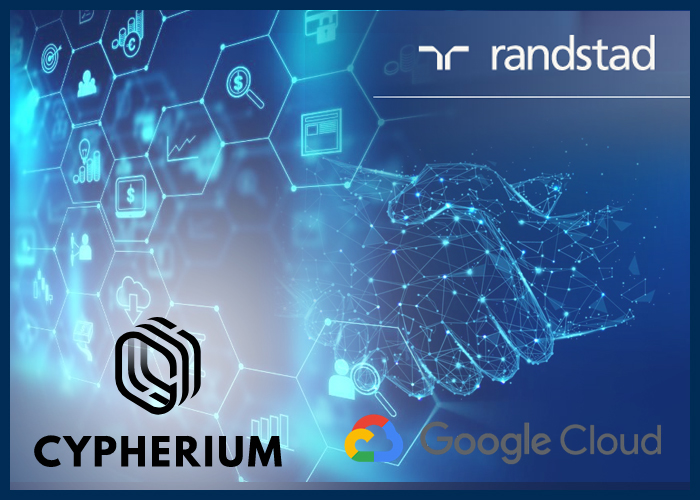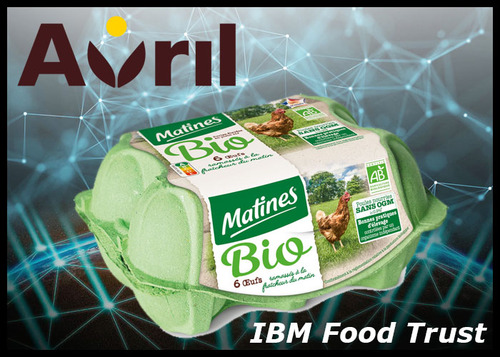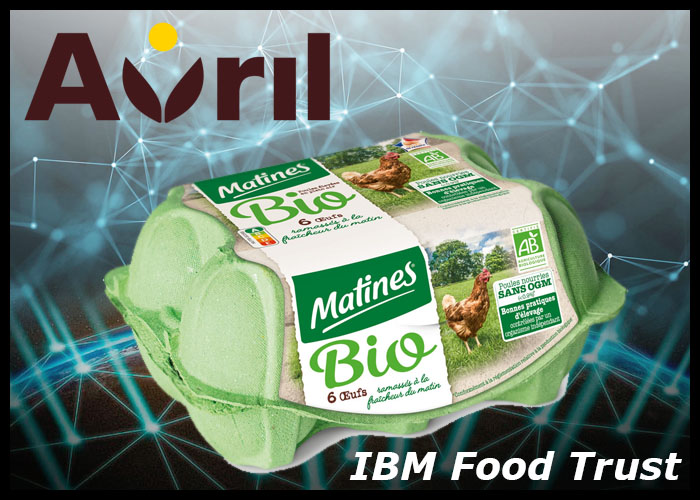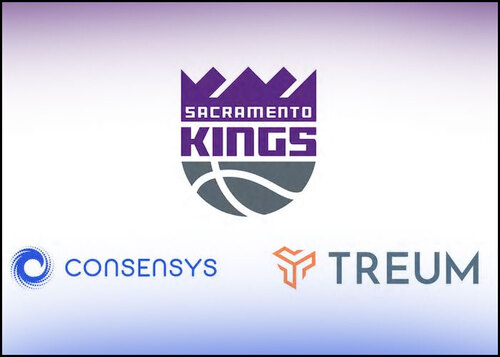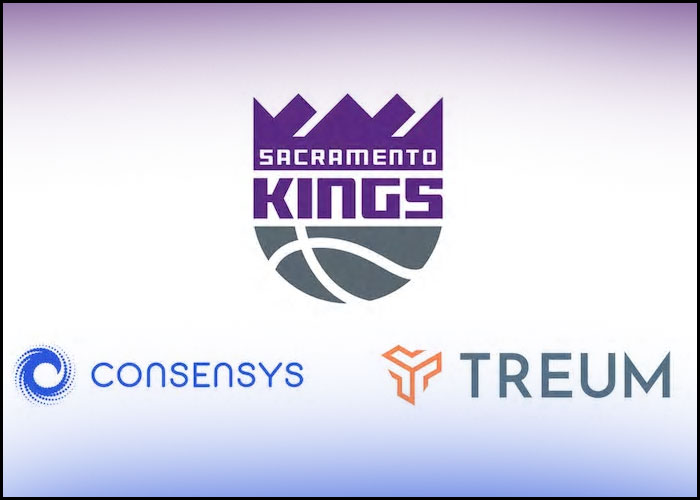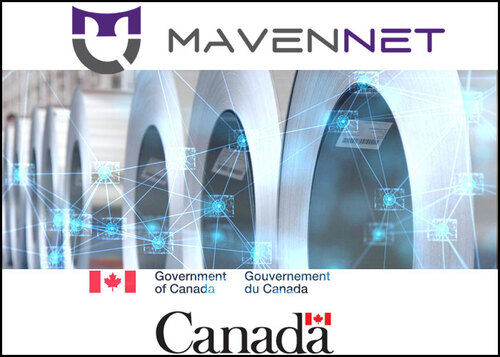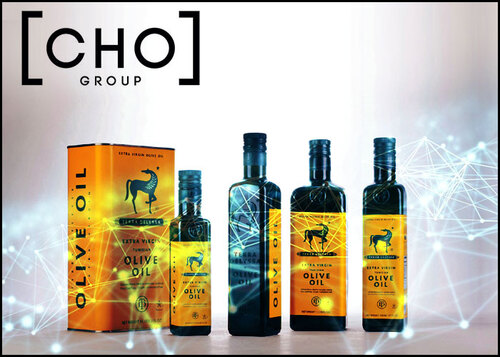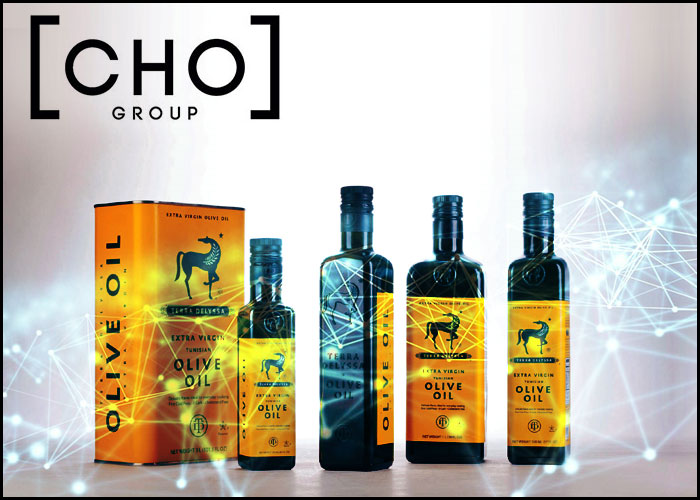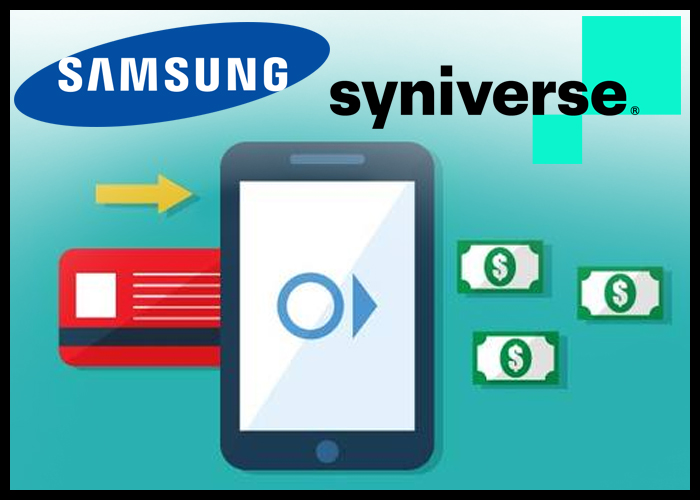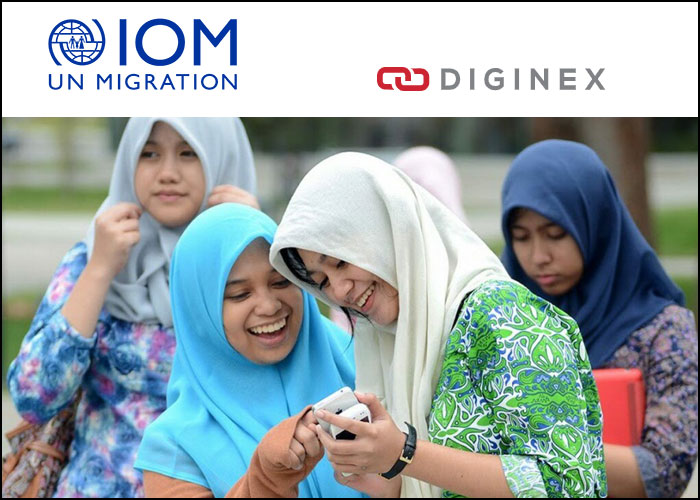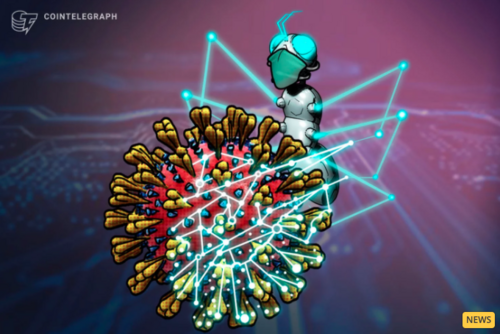
World Health Organization Launches Blockchain Platform to Fight COVID-19
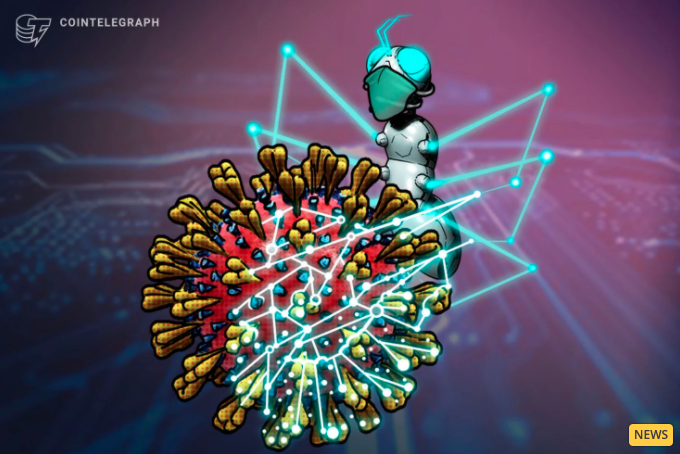
Image courtesy of CoinTelegraph
The World Health Organization (WHO) has partnered on March 28 with major blockchain and tech companies to launch a distributed ledger technology (DLT)-based platform for sharing data concerning the coronavirus pandemic.
The platform, MiPasa, is built on top of Hyperledger Fabric and seeks to enable "early detection of COVID-19 carriers and infection hotspots."
MiPasa has been launched in partnership with technology company IBM, computer firm Oracle, enterprise blockchain platform Hacera and IT corporation Microsoft.
WHO launches blockchain-based platform to fight COVID-19
The platform purports to facilitate "fully private information sharing between individuals, state authorities and health institutions."
The project cross-references siloed location and health data is "siloed" on the platform to glean global insights while ensuring patient privacy, with MiPasa describing the platform as a "verifiable information highway." MiPasa is slated to soon host an array of publicly accessible analytics tools too.
According to the project's website:
"MiPasa can help monitor and foresee local and global epidemiological trends and detect likely asymptomatic carriers by feeding big data on infection routes and occurrences to powerful AI processors around the world."
A number of national health institutions are also contributing to the project — including the U.S., European, and Chinese Centres for Disease Control and Prevention, the Hong Kong Department of Health, the Government of Canada and China's National Health Commission.
The fight against coronavirus highlights applications for DLT
The coronavirus pandemic has highlighted many of the applications for blockchain technology.
On March 25, it was reported that the United Arab Emirates (UAE)s Ministry of Community Development (MOCD) is adopting DLT-based solutions for identity verification and the distribution of official documents — allowing customers to securely engage with the MOCD from home.
Blockchain technology has also been suggested as the most efficient means through which the United States' stimulus package could be distributed — with some proponents even proposing that the U.S. launch a DLT-based "digital dollar."
China has deployed blockchain in numerous applications to assist its efforts to fight COVID-19, using DLT to track the virus' spread, medical records, and the distribution of medical supplies and charity donations.
A Chinese journalist has also used Ethereum (ETH) to bypass censorship and publish an interview with a Wuhan-based doctor on the pandemic.
Original article posted on the CoinTelegraph.com site, by Samuel Haig.
Article re-posted on Markethive by Jeffrey Sloe






